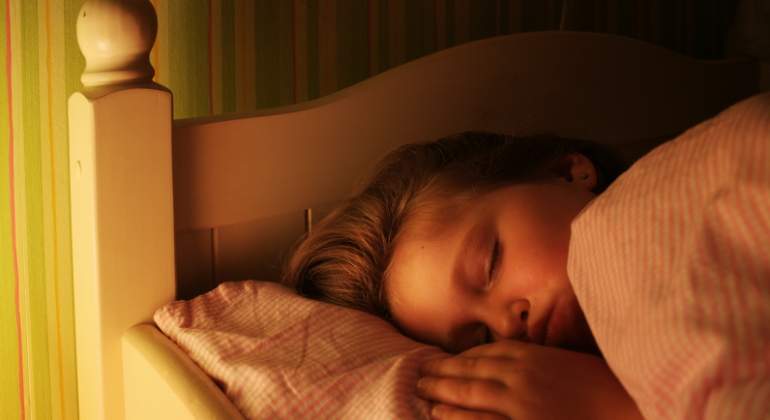What seemed like a utopia years ago is now becoming reality. The incubation of sleep has come to stay thanks to numerous studies and facts that show that this technique mainly influences dreams. Modern science has opened a new world of possibilities and companies, of course, do not want to waste them. It is a very sweet train and many of them have already started the machinery with the aim of reaching as many people as possible.
But what is sleep incubation? It is a strategy that allows us to consciously influence the content of our dreams. That is, it is about “planting a seed” in the mind during the waking state, in order for the dream to develop based on our intentions. Thus, we can choose the setting, the characters and even the plot of it. Companies want to take advantage of all this to continue selling you even in your dreams.
Numerous studies have shown that people’s dreams can become more specific and that humans can be very susceptible to thoughts or ideas that are introduced while they sleep. The last and most famous was the one that took place in the last Super Bowl. In this advertising campaign, the beer giant Coors tried to alter the sleep of almost 100 million spectators the night before the game so that they consumed their beer during it.
This company had 18 people (12 of them paid actors) watch a 90-second video before falling asleep, prompting the user to view it “three times before sleeping,” and then play an eight-hour “soundscape” during the session. evening. When participants woke up from REM sleep, five reported dreaming of this brand of beer. A work similar to that carried out by Harvard neuroscientists in 2000, who asked several people to play Tetris for several hours over three days. The result was that 60% of them reported dreaming about the game.
Xbox, Play Station or Burger King have already carried out their sleep incubation studies
Now, companies like Xbox, Play Station or Burger King want to influence our dreams and, in fact, have already commissioned their first studies. For example, Xbox used the dream recording technology, Hypnodyne, to explore what gamers dreamed of after first using the Series X console; Play Station Announced a New Tetris Game Based on a Sleep Study; and Burger King launched its special Halloween burger, the Nightmare King, ensuring that the incidence of nightmares increased 3.5 times after having tried the product.
All this has led to many voices against these techniques capable of influencing our dreams. After the Coors experiment, many scientists argued, in a letter, that our dreams cannot become a playground for corporate advertisers. “They are trying to impose an addictive drug on people who are naive about what is being done to them. I don’t know if it can be much worse than that,” explained Bob Stickgold, a cognitive neuroscientist and Harvard psychiatry professor.
For her part, Harvard University dream researcher Deidre Barrett concluded that these types of advertising techniques will have little impact in the future. “Of course you can show ads to someone while they sleep, but as far as having much effect, there is little evidence.” For Barrett, dream incubation “doesn’t seem very profitable” compared to traditional ad campaigns. Instead, Tore Nielsen, a dream researcher at the University of Montreal who did not sign the letter, thinks that all of this will not work unless the user is aware of the manipulation and is willing to participate.
Manipulating Alexa or Google Home
One of the novelties that Amazon has registered with Alexa is that it allows recording sleep patterns in order to improve the knowledge that users have about the way they sleep in order to ‘help’ them change their habits. Both Alexa and for example Google Home can reproduce what they want and when they want, thus serving as instruments of night advertising, either with or without our permission.
Experts point out that these types of devices are the perfect vehicle to manipulate our dreams. “It is easy to imagine a world in which smart speakers (40 million Americans currently have them in their rooms) become instruments of passive and unconscious night advertising, with or without our permission,” says the letter signed by 35 researchers from the everyone’s dream that was sent to Senator Elizabeth Warren.

Peter Barzilai is a high school pitcher and college rower turned longtime World News journalist. Peter has also written for Buzz Feed and Huffington Post and many other major publications, Peter Loves everything about sports and loves to write on trending topics and he is WideWorldMag member since 2017.

